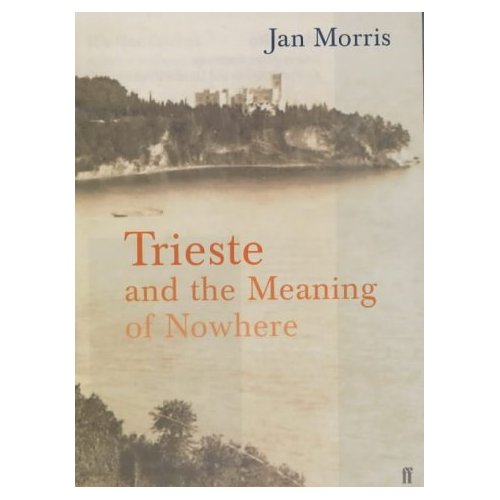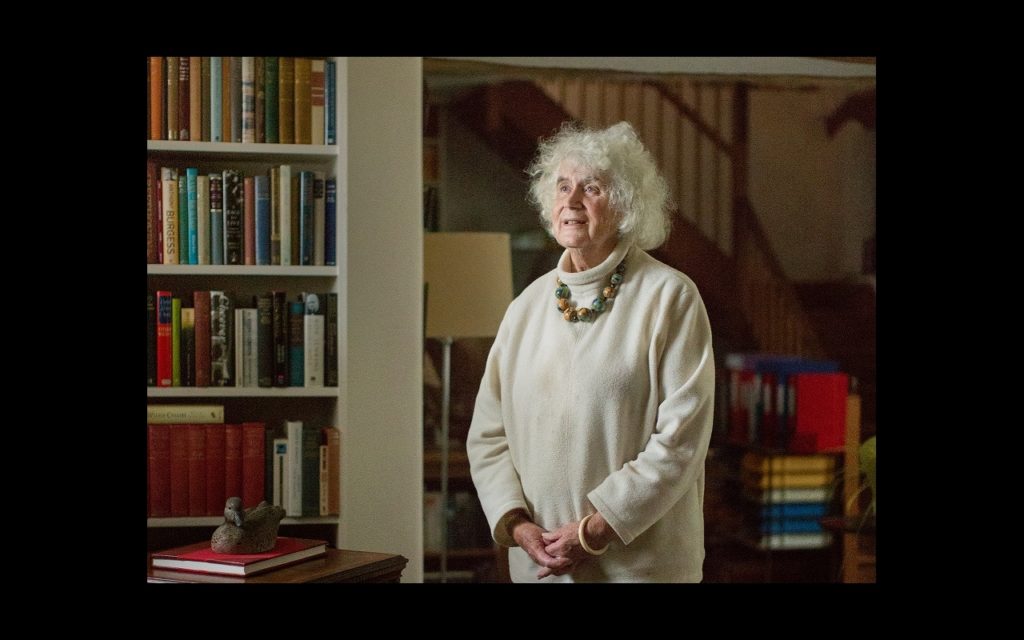GoodReads meta-data is 208 pages, rated 3.98 by 116 litizens.
Genre: Travel

Verdict: languid and insightful.
Morris first set eyes on Trieste in 1946 as a soldier in the British Army, then near to fifty years later Morris returned.
When Trieste had been in the Austro-Hungarian Empire for nearly a century it was the port of Venice at a time when the Hapsburgs, at the height of their powers, developed maritime ambitions in the Adriatic. To link it to the capital, all-weather roads and railways were built over the mountains while the harbour was dredged, and made modern. Vienna was the seat of a vast empire and home of a royal house that had once extended from the Carpathian mountains to the Pacific Coast of Mexico. It was rivalled only to London and Paris as a world capital at its peak, and Trieste was its nautical doorway for those years.
Trieste only became Italian by dint of others, and like its neighbour, Venice, it has never felt itself to be Italian, but rather a world of its own with its own language, mōres, and manners. And that is what it was in 1946 when a callow Morris arrived with the 2nd New Zealand Division, to a Free City under the aegis of the United Nations, while national borders were resolved in the jig-saw puzzle of the post-war Balkans. Both Italy and Yugoslavia advanced claims for it, both for the same reason: as a buffer against the other, i.e., neither wanted it for itself. While those tensions played out the city was divided and occupied as Vienna was for a time. In Trieste it was Kiwis on one side and Jugs on the other for a time in an uneasy fait accompli.
Berlin was divided and occupied and so important no one would yield a centimetre thereby spawning a vast culture of art and literature about that long-divided city. Vienna was divided and occupied for a time and Graham Greene immortalised it in ‘The Third Man.’ Trieste was divided and occupied and no one noticed, not even many Triestinos.
Today Trieste is in if not of Italy, but the city lies within a few kilometres from the successors of Yugoslavia, Slovenia and Croatia, once the hinterlands of the Austro-Hungarian Empire. As the guns of August unlimbered in 1914, it was through the port of Trieste that the remains of the slain Archduke passed on the way to Vienna.
But to revert, at the end of World War I Italy got title to Trieste as a spoil of war for being on the winning side after the blood bath at nearby Caporetto with the result that the city lost its raison d’état for it was then shorn of its hinterland and the capital it had been developed to serve, namely Vienna. No longer glowing in the reflected glory of Viennese art, culture, literature, music, power, or commerce, Trieste fell into the torpor of a melancholy lassitude where it was content to remain far from any beaten path.
Proof of its irrelevance is that it was all but untouched in World War II, not being important enough for anyone to bomb it to smithereens, and when Italy changed sides in August 1943 neither partisans nor fascists bothered much with Trieste, since it had offered no material, strategic, or symbolic advantage. Ergo there was no rush to get there and fight over it. However it bears scars of that war in another way, as the locale of a Nazi charnel house at San Sabba.
In the parade of names of Triestinos only Italo Svevo meant anything to me and that was very little, as the author of ‘The Conscience of Zeno.’ By the way ‘Italo Svevo’ is a pseudonym for Aron Schmitz.
Marie-Henri Beyle (Stendhal) served as French Consul there. While his most famous novel is Le Rouge and le Noir, for my money far more interesting is the one set in Italy, namely La Chartreuse de Parme. Though he preferred cosmopolitan Milano to the backwater of Trieste.
James Joyce spent much time there pencilling his incomprehensible Ulysses, which Morris by-passes ever so delicately.
Illy coffee stems from here where the family remains. We have been loyal imbibers of Illy for many a year in its red, blue, and pink banners.
Much of the book is Morris musing on life, and it is so well done that I, curmudgeon first class that I am, have no complaints. Indeed I hope to read more of Morris’s books in due course for sheer pleasure of the effortless prose.

Effortless to read, but no doubt it takes quite an effort to achieve that.
There is a story of an aspiring young writer visiting Anatole France, famed for his elegant yet simple prose in many novels. The ingenue was shown into the master’s study where France was at work surrounded by a mass of pages, doodles, crumpled-up balls of paper, pages of cross-out done with such vigour as to tear the paper, and more discarded pages overflowing the bin. Seeing the eyes of the would-be acolyte noting the mess, France said, ‘this writing, it is not so easy as it looks when it is done.’
We spent four nights in Trieste in 2019 and enjoyed it. I noticed several posters called for a Free State of Trieste.
